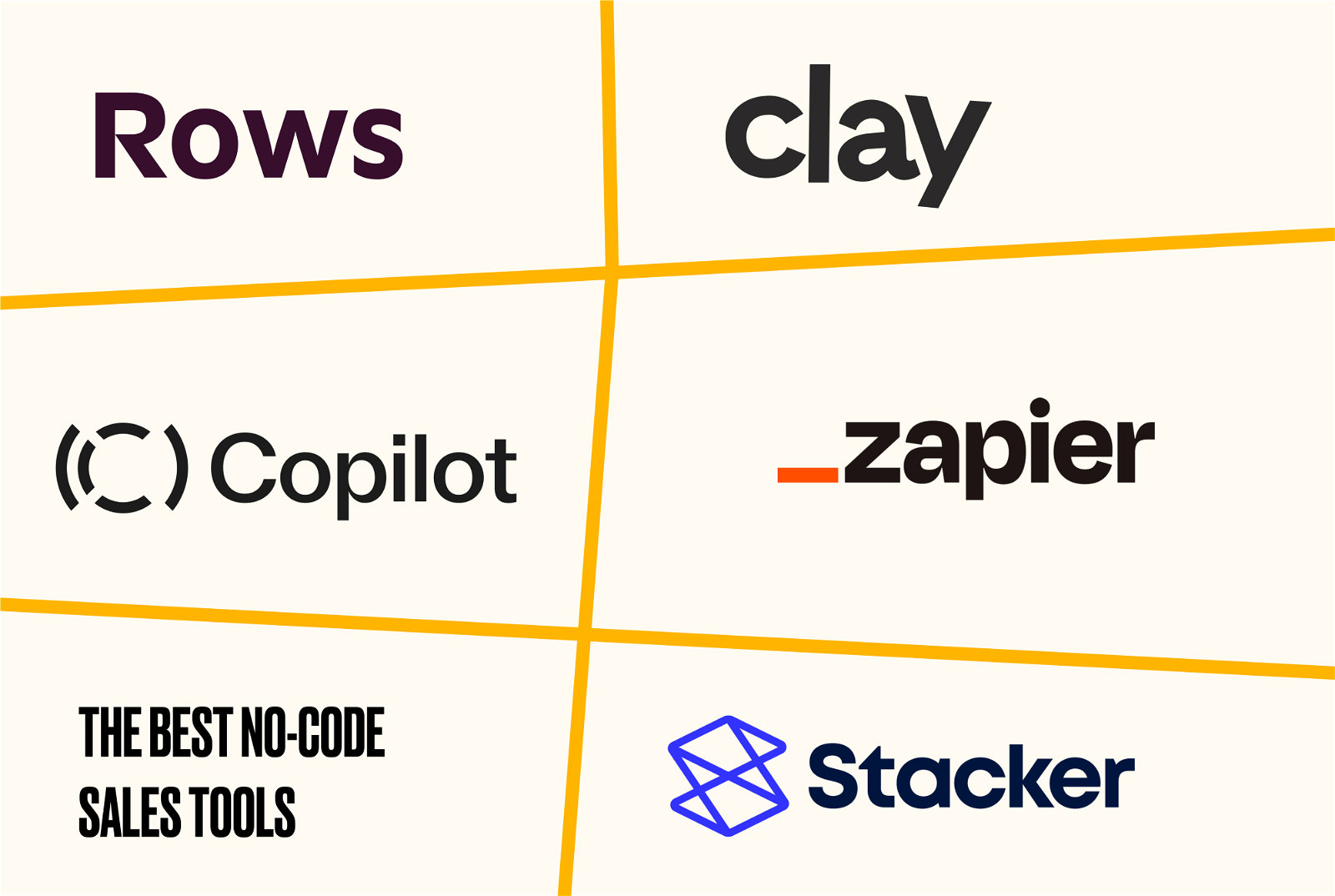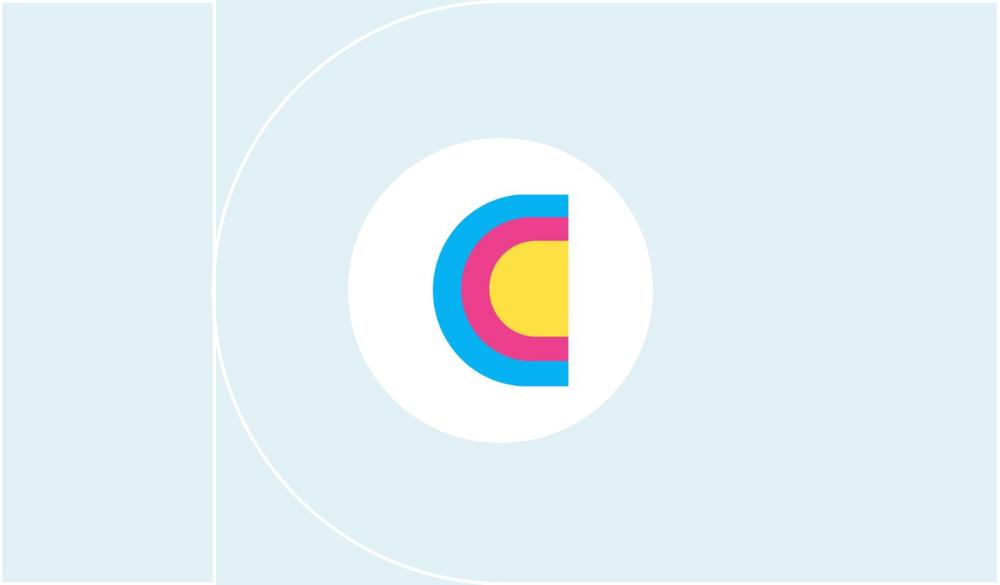The best no-code tools for sales teams
Working in sales and looking for the platforms to up your game? This way.
Table of Contents
If you’re working in a sales team and wondering where to begin, we’ve got you. The tools on this list will give you the kind of power you could only imagine during your wildest work-related dreams.
Although technology can do plenty, effective sales are still centred around the human touch. This much we admit. But there are software tools out there that’ll take care of plenty of the more mundane and laborious parts of a sales job (and we’ve written about that right here). By bringing in specific tools to automate mundane processes and manage your data, you’ll free up time to focus on the things that really matter: building and maintaining customer relationships, refining your strategy, and looking in the mirror and motivating yourself to CLOSE. THAT. DEAL.
1. For creating spreadsheets: Rows

What it does
Rows lets you create powerful spreadsheets and collaborate with colleagues in real-time.
Why it’s good for sales teams
- You can bring your data to life. With Rows, you can jazz up your spreadsheets with slick charts, images, audio and even interactive features such as buttons and checkboxes. What’s more, you can share your spreadsheets with colleagues and clients in the form of interactive dashboards and websites.
- You can integrate third-party APIs. Users can easily pull in info from Stripe, Amazon, Salesforce and other platforms. Plus, data is refreshed automatically.
- It uses standard spreadsheet language. You won’t have to waste time and effort learning new calculations. Instead, Rows is based on the standard formulas and functions your team is likely already familiar with.
What they won’t tell you
If you’re a spreadsheet whiz, you might discover that Rows doesn’t have some of the more sophisticated formulas and functions you’re used to in Microsoft Excel.
2. For prospecting: Clay

What it does
Clay helps you to find prospective customers from just about everywhere on the internet. It scrapes over 50 data sources to create highly targeted lead lists in mere minutes, taking (some of) the pain out of prospecting.
Why it’s good for sales teams
- Lead enrichment is easy. With Clay, you can easily enhance your contacts with extra data (from employee count to geographical location) thanks to various built-in enrichment tools.
- You can sync contacts with other platforms. Clay has integrations with over 200 apps, so you can push your new contacts to your CRM, email campaigns and more.
What they won’t tell you
If you’re a small business with a limited budget, Clay might not be for you. At time of writing, subscriptions start at $349/month for a basic plan for two users.
3. For automating workflows: Zapier

What it does
Zapier lets you combine business and productivity apps into automated workflows called Zaps. For example, you can instantly add new Shopify customers to a MailChimp mailing list, or send new emails (via Gmail) to leads who fill up a form (on Typeform).
Why it’s good for sales teams
- It’s easy to get started. Zapier’s interface is fairly simple to navigate. Plus, there’s a wealth of online resources – including courses, webinars and blog posts – to help you get the most out of the platform.
- The possibilities are endless. With over 5,000 app integrations and counting – supposedly more than any other automation tool on the market – you can create literally hundreds of Zaps.
What they won’t tell you
You might run into the occasional bug. For instance, your Zap might break if an app is experiencing connection issues, or if you’ve not updated the app in a long time.
4. For creating apps: Stacker

What it does
Stacker lets you create apps and interfaces ranging from CRMs to project management apps to client portals – all without writing a single line of code.
Why it’s good for sales teams
- You can create an app in minutes. Thanks to Stacker’s handy template library, you can create your app in practically no time at all. Simply plug in your existing data sources and your app will be up and running in a few clicks. Of course, there’s also the option to build it from scratch.
- You can control who accesses your data. With fully flexible permissions, Stacker lets you determine which users can see, update and edit your data.
What they won’t tell you
There are limited style and customisation options, so you won’t have granular control over your app’s interface.
5. For building client portals: Copilot

What it does
Formerly known as Joinportal, Copilot allows you to quickly and easily build client portals – online hubs where you can share info and updates with each customer.
Why it’s good for sales teams
- It’s a one-stop shop for clients. With Copilot, you can securely share everything from messages to forms and invoices in one place. What’s more, clients are notified via email each time there’s a new update, so they won’t miss a thing.
- You can integrate partner apps. For example, you can schedule meetings through Calendly, connect dashboards from Google Data Studio or let clients fill up a Jotform form directly via the portal.
What they won’t tell you
The billing module lacks certain functionalities, such as the ability to make an upfront deposit or a partial payment. You also can’t use your own payment processor – Stripe is the default option here.


Similar Tutorials
Want to read
more articles
like these?
Become a NoCode Member and get access to our community, discounts and - of course - our latest articles delivered straight to your inbox twice a month!














